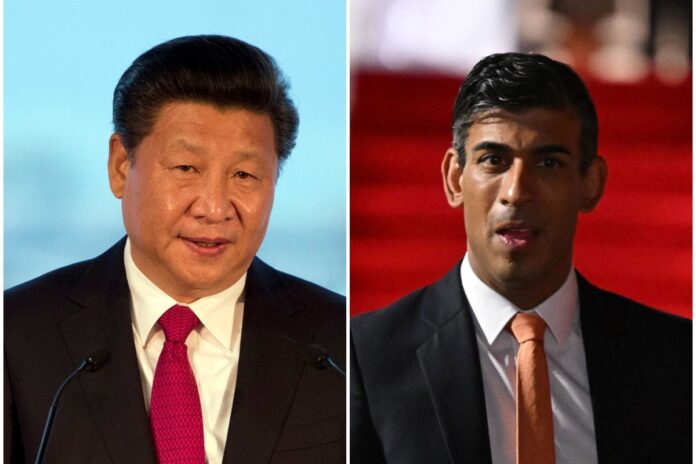One of the many unpalatable facts of geopolitical life is that the West can stand up to Russia or to China but probably not act against both simultaneously. That is something now being acknowledged at the G20 conference by Joe Biden, German chancellor Olaf Scholz, and Rishi Sunak. The former’s three-hour conversation with President Xi suggested some wide-ranging discussions – and, according to Biden, their talks were ‘frank’. The American president said there would be no new ‘cold war’ with China. It is a measure of the way the superpower is stretched that Biden’s modestly peaceful outlook should have prompted such widespread relief. China is allowing America to concentrate on Ukraine and containing Russia, and China isn’t going to rescue Putin from the consequences of his own foolishness.’One cold war at a time’ seems to be the motto of the Biden White House. Like Xi, Biden went to the G20 summit in Bali with some domestic political victories under his belt, adding to both men’s self-confidence. The personal chemistry, or at least mutual understanding, seems to have brought on a rapprochement.Sunak, likewise. Acting in defiance of some notably Sinophobic strands of opinion in his own party, the prime minister has stepped back from declaring China a formal ‘threat’ to Britain, which was another of the crowd-pleasing pledges Liz Truss made in order to win the leadership in the summer. Instead, Sunak seems to be moving back towards the stance adopted by Boris Johnson (who publicly denounced Sinophobia) to categorise the People’s Republic as a ‘systemic competitor’. The forthcoming integrated review of security and defence policy, led by Downing Street’s chief foreign policy adviser Professor John Bew, will be the basis of a wary but not aggressively hostile UK attitude to China, and one in line with other Nato allies and Aukus policy.


